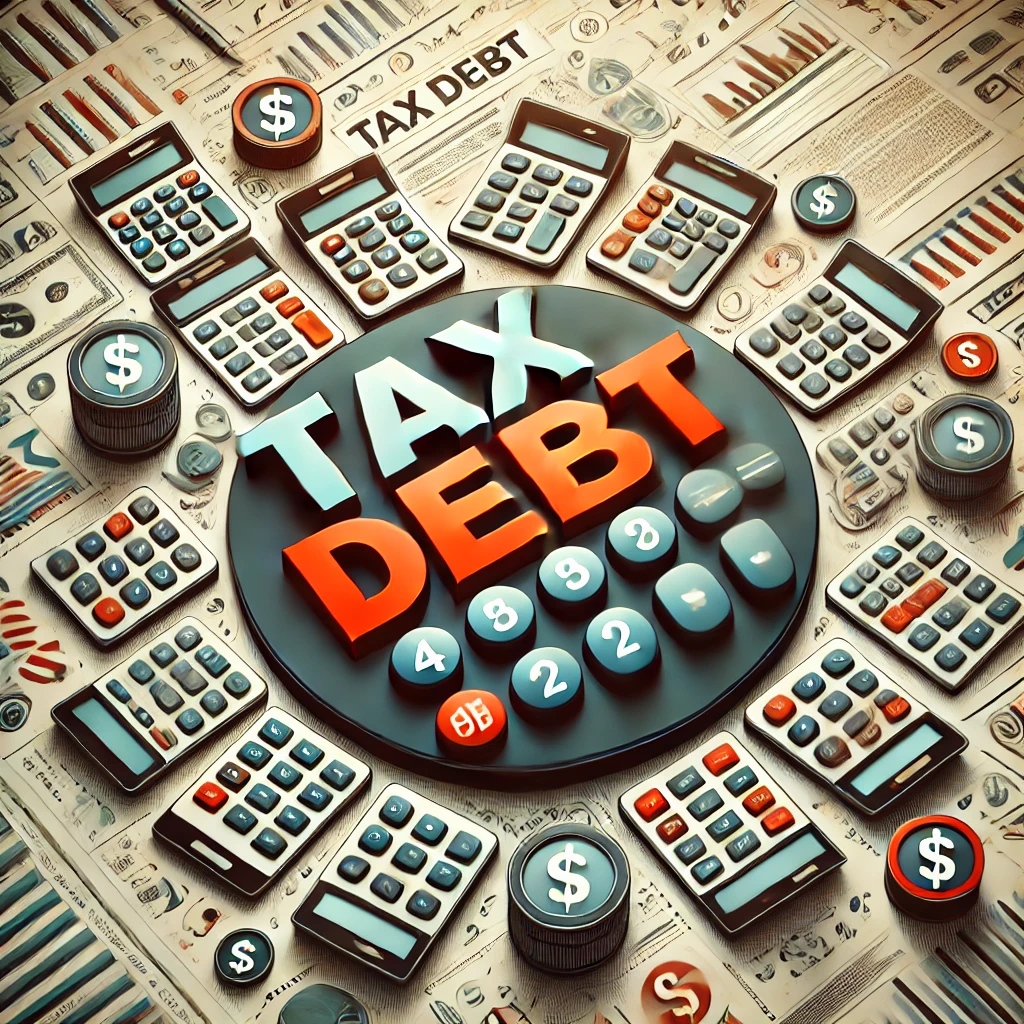
Paying the IRS In Bankruptcy: What is Dischargeable?
Question: When can I schedule a payment plan and get the process started on paying the tax debt that is not dischargeable?
Don’s Answer: Paying the IRS while in bankruptcy is tricky if you have some Income Tax debt that is dischargeable, and some that is not dischargeable. As you are aware, the IRS cannot take enforcement action while you are “in bankruptcy”, but will take any money you send them. You want to pay only on your “non-dischargeable” tax. What income tax is dischargeable? Only dischargeable if it is more than three years from the filing due date, it has been filed by you (not the IRS substitute for return) for more than two years, and assessed at least 240 days.
What does “Dischargeable” in bankruptcy mean in regard to taxes? It means the IRS can no longer require that you pay the tax from your income. However, please know that is you have property on which a FTL (Federal Tax Lien) has attached, the bankruptcy did NOT remove the lien. You don’t have to pay it anymore from your paycheck, but your property is still responsible–at least until the FTL “expires”, which is ten years from the date the lien was filed.
An important piece of information about payments to the IRS is that any money the IRS receives is applied to your oldest debt unless you specifically designate a different period. When you have some taxes that are old enough to go away, and some that are not old enough, you should always direct pay, with your Social Security Number, and the tax period written on the check.
For a Colorado resident who is just sending money and no tax return click this link: https://www.irs.gov/
